Sign up for our Book Club newsletter
Get the latest news, events and more from the Los Angeles Times Book Club, and help us get L.A. reading and talking.
You may occasionally receive promotional content from the Los Angeles Times.

If you buy books linked on our site, The Times may earn a commission from Bookshop.org, whose fees support independent bookstores.
We hold these truths about year-end lists to be self-evident: 1) Taste is always subjective and thank the gods of criticism for that; and 2) a good list can be the first draft of posterity. The 15 selections below include some notable names but leave out many who received more hoopla on release. What’s left is a sampling of fiction at its best: revelatory stories of often invisible lives in Jamel Brinkley‘s “Witness”; wild cross-genre inventions by Ed Park, Lauren Groff and Victor LaValle that make a beautiful hash of history; gems about love and loss by established masters Yiyun Li and Alice McDermott; an alternate telling of George Orwell’s “1984” that arguably bests the original. You’d better read up now, because 2024 is looking pretty good too.
Our critics and reporters select their favorite TV shows, movies, albums, songs, books, theater, art shows and video games of the year.
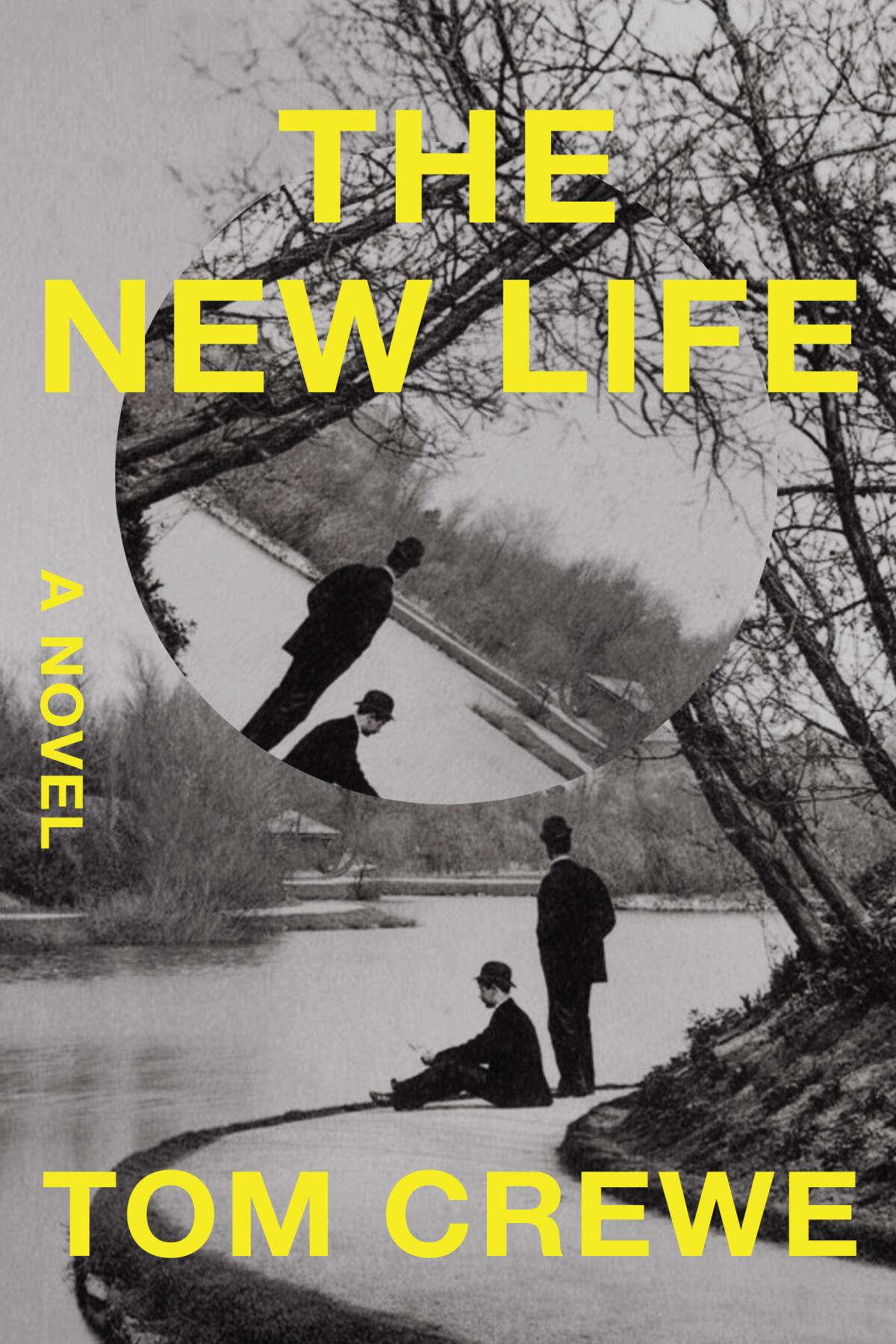
The New Life
By Tom Crewe
Scribner: 400 pages, $28
Inspired by the story of John Addington Symonds and Havelock Ellis, two British scholars of homosexuality in a deeply homophobic Victorian era, Crewe’s debut is by turns lusty, elegant and deeply informed by history. (A substantial subplot involves Oscar Wilde’s trial and imprisonment in the 1890s for “indecency.”) It’s a must-read for any fan of LGBTQ literature in general (and Alan Hollinghurst in particular), but its plea to “give abnormal love the same chance as normal love” is set in a story in which all romances are a touch quirky and kinky.
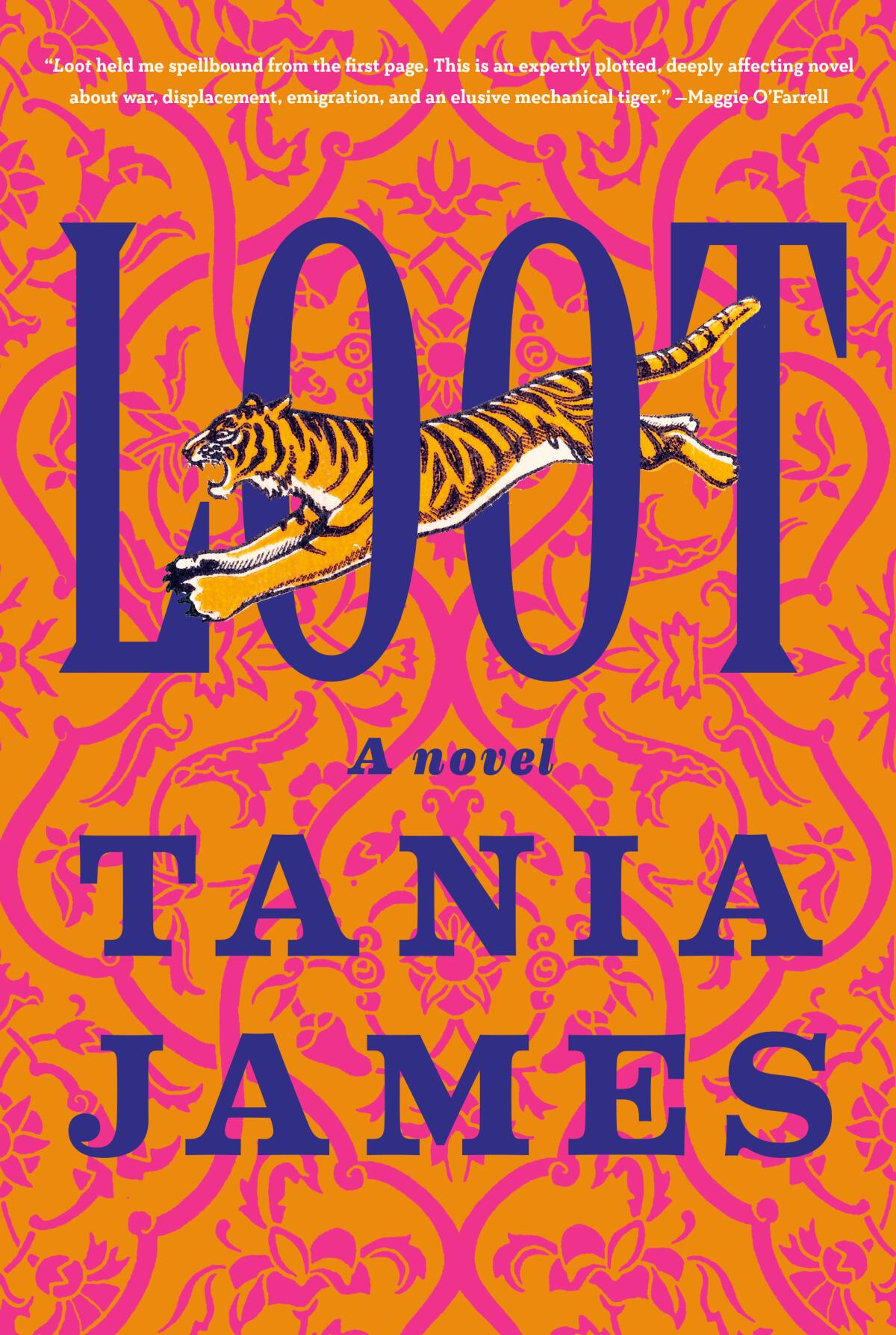
Loot
By Tania James
Knopf: 305 pages, $28
James’ third novel and brilliant anticolonial critique (also a National Book Award longlist nominee) deploys a large cast of British and Indian characters. But its protagonist is a machine: an automaton of a tiger attacking a British soldier, built by an Indian artisan in the late 1700s. More than just a work of art — or a metaphor for an oppressed people’s revenge fantasy — the contraption becomes a bargaining chip in a desperate bid by Indian royalty to fend off British conquest. We know how that worked out, but James’ prismatic view of various players around the device is a revelatory, funny, richly detailed study of the ways colonialism worms its way into language, art and relationships.
This year saw the formation of a new supergroup: books broke news about Madonna, Sly Stone, Lou Reed, Ella Fitzgerald, Barbra Streisand and even Bob Dylan.
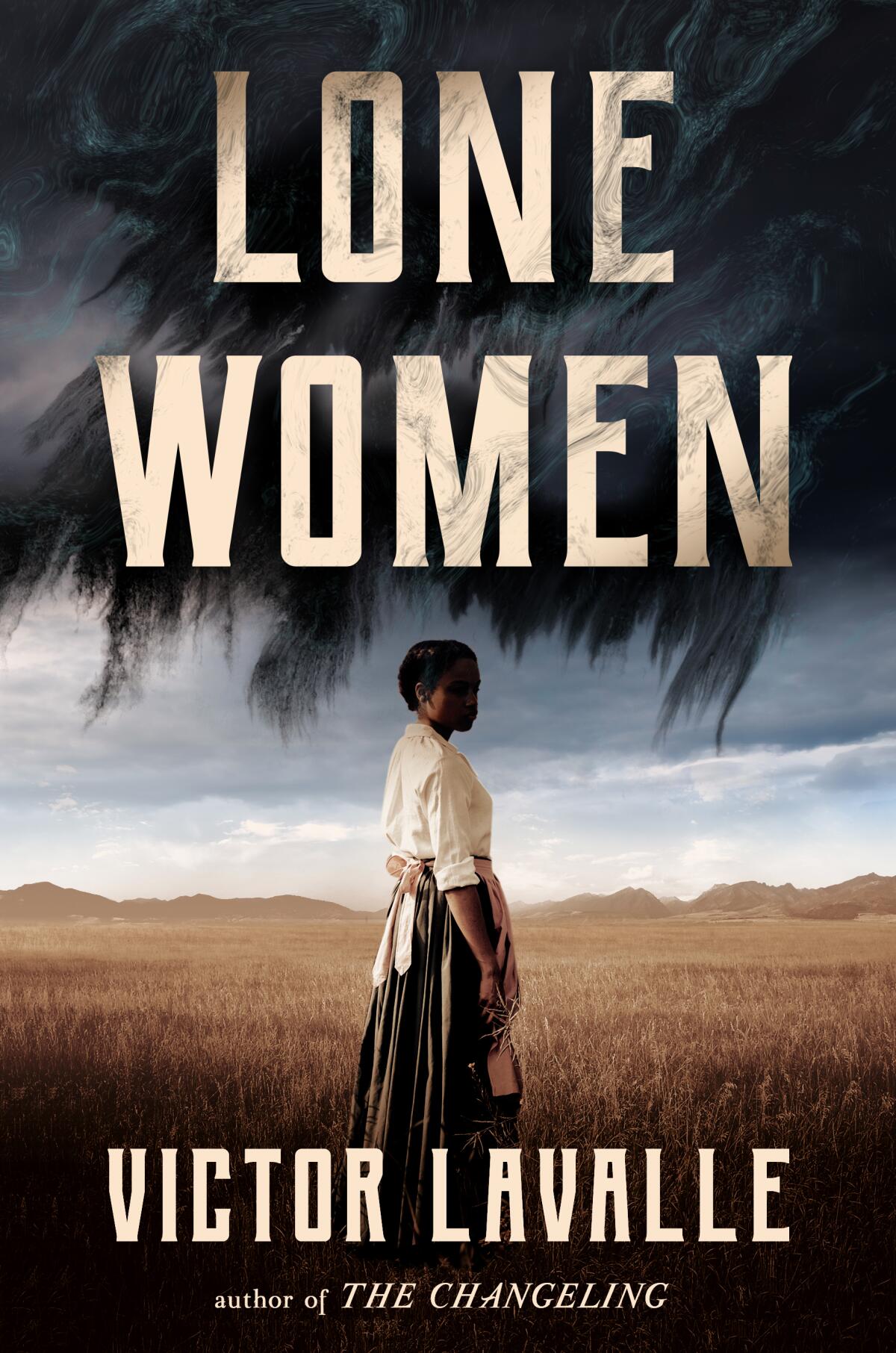
Lone Women
By Victor LaValle
One World: 282 pages, $27
LaValle has built his career on genre mashups, tinkering with science fiction and horror tropes to explore race and relationships. (An adaptation of his 2017 novel, “The Changeling,” debuted on Apple TV+ this fall.) “Lone Women,” his fifth novel, is his most audacious feat of stylistic blurring, using the western (we’re in 1910s Montana), crime story (Who burned down the farmhouse our hero has escaped?), racial study (its heroine is a Black woman on a very white frontier) and horror (What’s that rattling in the steamer trunk?). Unabashedly violent and plainly allegorical, the novel assembles an intriguing array of monsters, real and psychological, to provide a fresh take on familiar American mythologies.
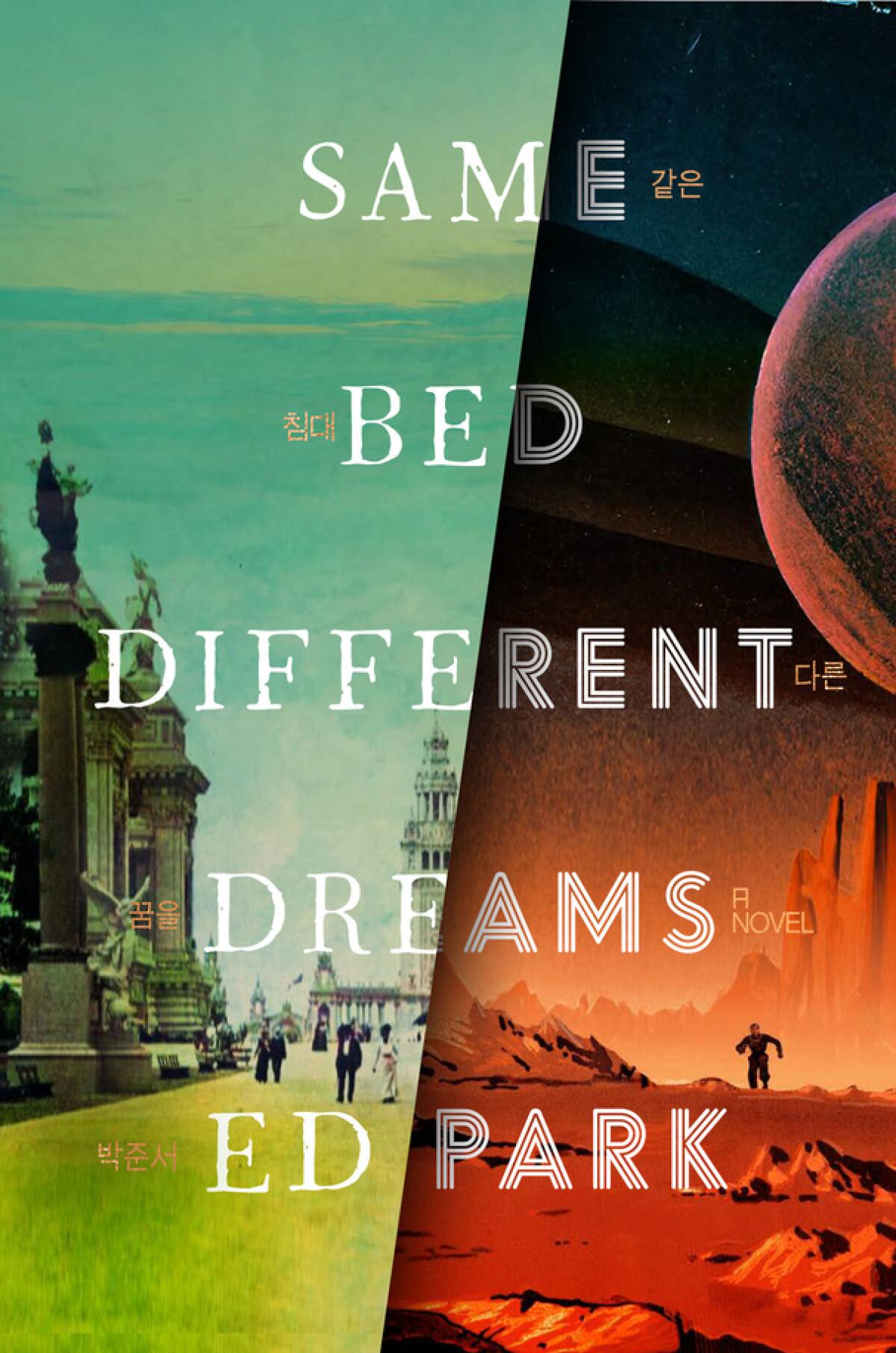
Same Bed Different Dreams
By Ed Park
Random House: 544 pages, $30
Park’s mind-bending second novel is in large part an alternative history of Korea, enveloping radicals, assassins, politicians and more. (The story reimagines a secret “Korean Provisional Government.”) But Park also weaves in plot threads involving big tech and science fiction, and like a particularly feverish Philip K. Dick or Thomas Pynchon yarn, “Bed” is constantly questioning the nature of the reality we think we know. For all its far-flung experimentalism, though, the book is rooted in beautifully rendered characters, whose tales of separation and division mirror Korea’s own complex history.
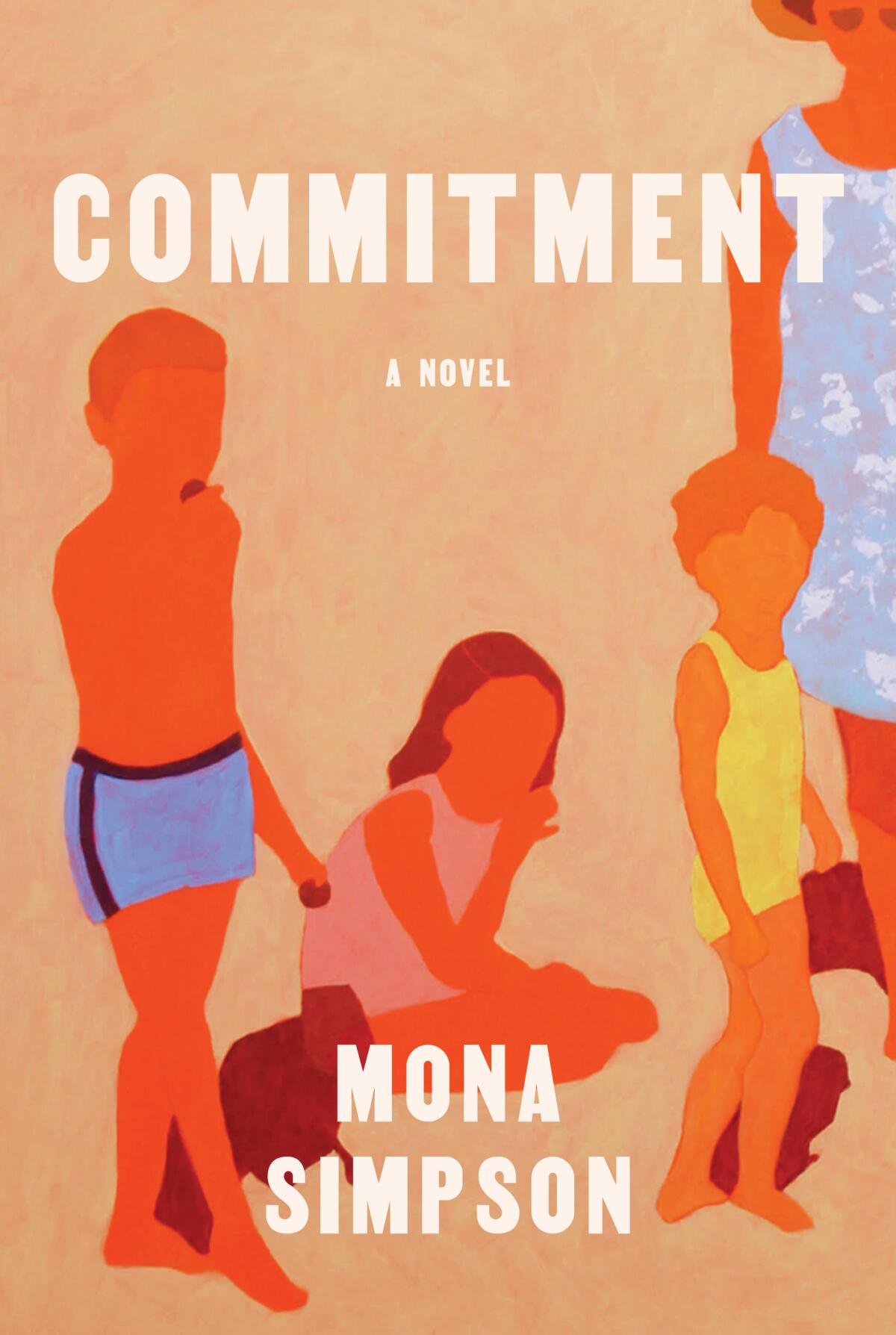
Commitment
By Mona Simpson
Knopf: 417 pages, $30
Simpson’s rich, melancholy family saga turns on the fates of three Southern California siblings trying to enter adulthood just as their mother’s worsening mental illness risks making them perpetual children. If the eldest son becomes an architect, can he build something that looks like safety? If the daughter becomes an artist, can she conjure up something that makes her mother whole? How much of what we inherit is in our genes, and how much is hand-me-down trauma? Simpson has been a deft observer of family dysfunction since her 1986 debut, “Anywhere but Here,” and “Commitment” is her at her best, keenly attuned to the pull family members have on each other — and how that pull changes over time.
Alex Edelman’s ‘Just for Us,’ the genius of Stephen Sondheim and a Tony Award for the Pasadena Playhouse were among the highlights of Los Angeles theater in 2023.
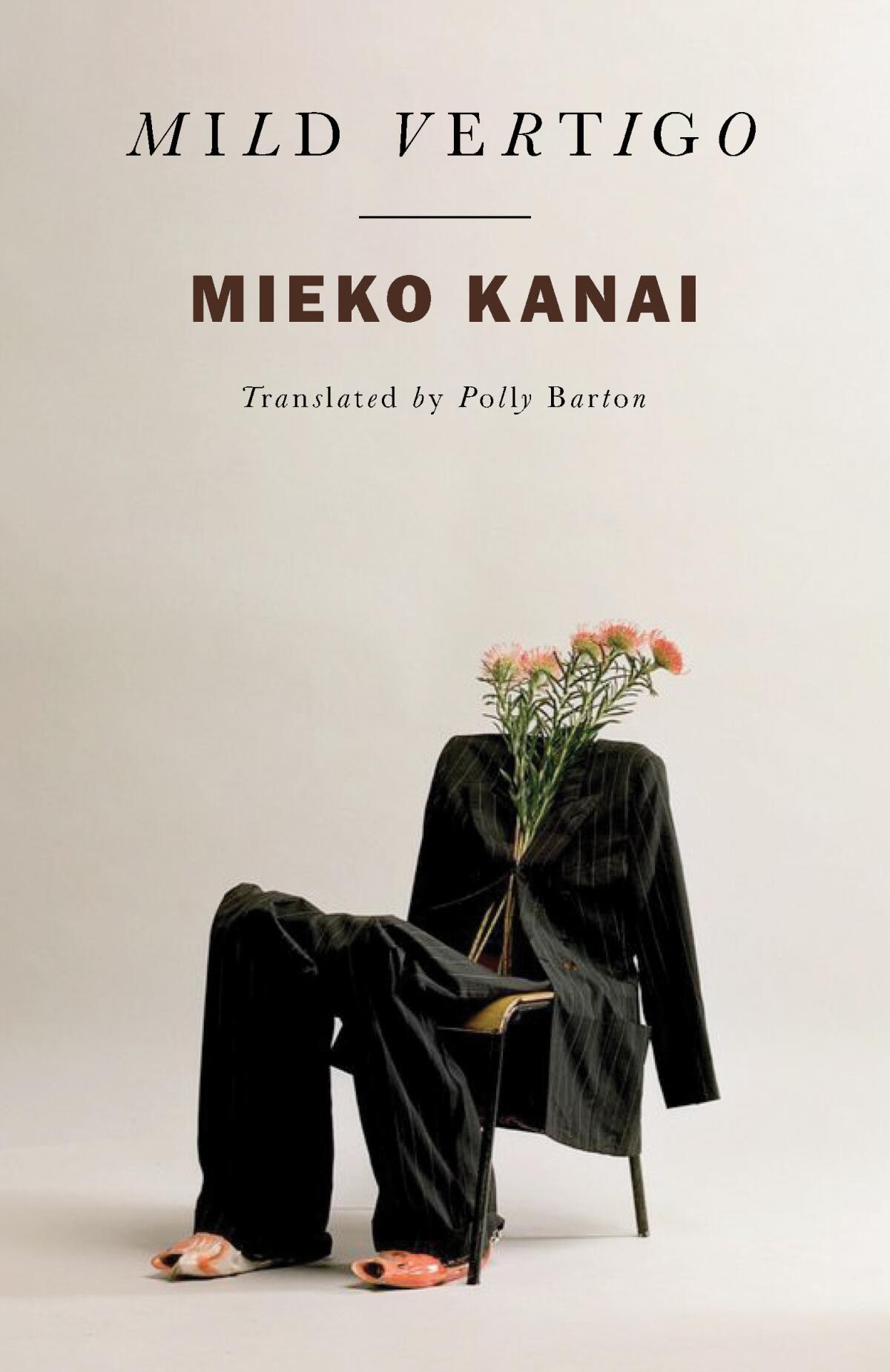
Mild Vertigo
By Mieko Kanai, translated by Polly Barton
New Directions: 192 pages, $17
Sing me the song of the housewife! An ode to laundry baskets and durable flooring, washed windows and the slick purity of the Western-style kitchen. “Mild Vertigo’s” first chapter concludes with an ode to the running faucet: Natsumi, the woman at the center of this Tokyo-set novel, “kept staring at it, and falling, again for some unknown reason, into a kind of trance.” If all this sounds intolerably retro, pay closer attention. Natsumi isn’t necessarily discontent, but she studies herself like a researcher in a lab. And as she roams her apartment complex, gossiping with neighbors and stalking the grocery store aisles, the novel turns into a brilliant example of “the literature of things,” an examination of how we revel in the domestic stuff of life. If the home is the center of our lives, Kanai seems to ask, why not put it at the center of our books?

The Vaster Wilds
By Lauren Groff
Riverhead: 272 pages, $28
Towering chestnuts, ice floes “squealing” as they break, “yellow and black birds diving into the grasses,” native people coated in “paint a half inch thick”: This is what a young runaway sees when she flees the desolation of the Jamestown Colony in winter 1610 and heads into the primeval American forest. Groff’s second foray into the historical novel (her first,” Matrix,” about a community of nuns in 12th-century France, marked an extraordinary shift) is a close encounter with nature and a gonzo achievement of narration: The girl — sometimes called Zed, sometimes Lamentations — spends the entirety of the novel alone, battling the life-giving but punishing world and her own faith in a shape-shifting God. Groff keeps the tension high and the language ornate in this otherworldly rumination on what our planet might feel like if we believed in the divinity of nature.
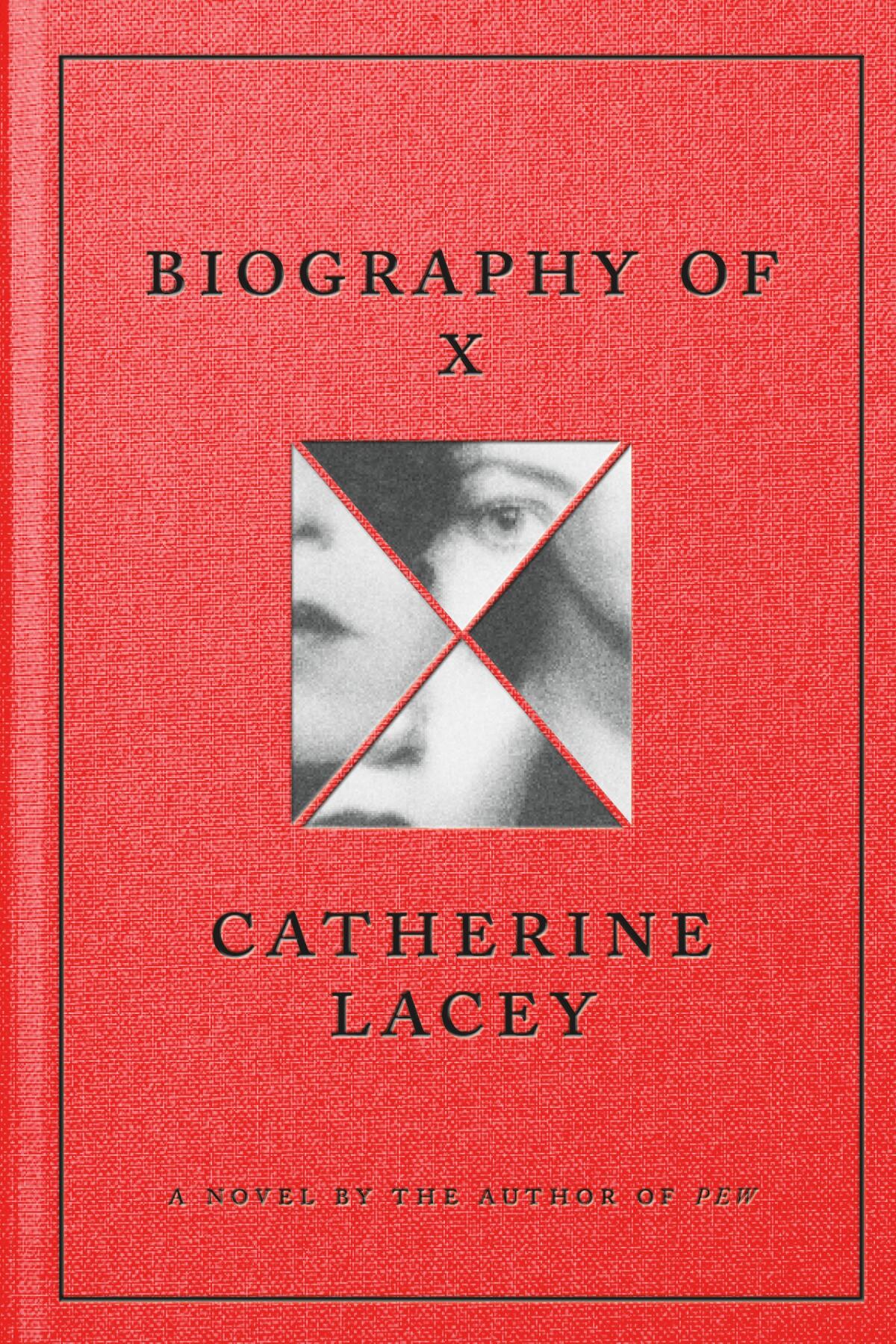
Biography of X
By Catherine Lacey
FSG: 416 pages, $28
X is a novelist, a performance artist, a shape-shifter, and perhaps a con. She’s David Bowie and Marina Abramovic and entirely herself. Her name is a mark of absence and presence at the same time. She’s fictional, but Lacey animates her so fully that I’m half-convinced she might be alive out there somewhere. “Biography of X” is written from the point of view of X’s widow, CM, who is just as confused and curious as the reader about who her dead wife really was. And it charts X’s maneuvers through an alternate United States, where the religious right has turned the South into a kind of North Korea, and an art world that is just as obsessed with appearances as our own. This novel burns hot and never fades: It’s a new icon as amorphous and magnetic as X.
Winning the box office, playing record-setting concert tours, rallying striking unions, shaking up TV: Women ruled pop culture in 2023.
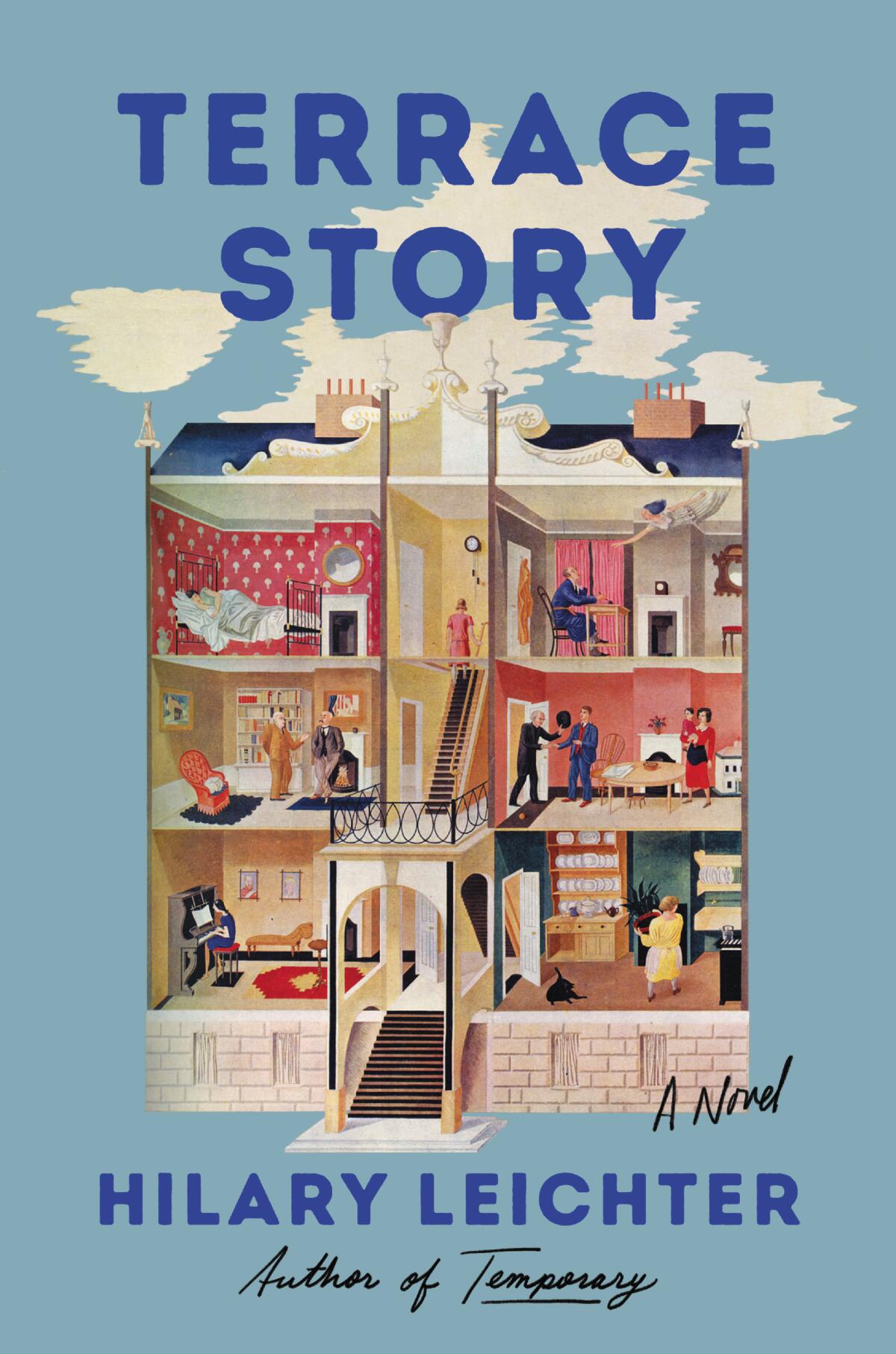
Terrace Story
By Hilary Leichter
Ecco: 208 pages, $28
I’ve heard “Terrace Story” described as a parable about real estate, which may be true, but come on, people, think bigger. In this palate-expander for narration, a young woman named Stephanie discovers that she can stretch space with her mind. Her first target, at least as far as we know, is the apartment of her financially struggling colleague Annie: Stephanie “adds” a terrace and then promptly locks Annie out of it — and into a different dimension. The story unfolds from there like a long hallway connected to a series of wildly disparate rooms. We learn about Annie’s parents’ fractured marriage, Stephanie’s isolated adolescence and a suburban space colony. The push is about what can grow in the space between the real and the imagined; Leichter has stitched together a narrative that purposely, beautifully, doesn’t quite hang together, one where raw emotion rubs up against fantastical possibility.
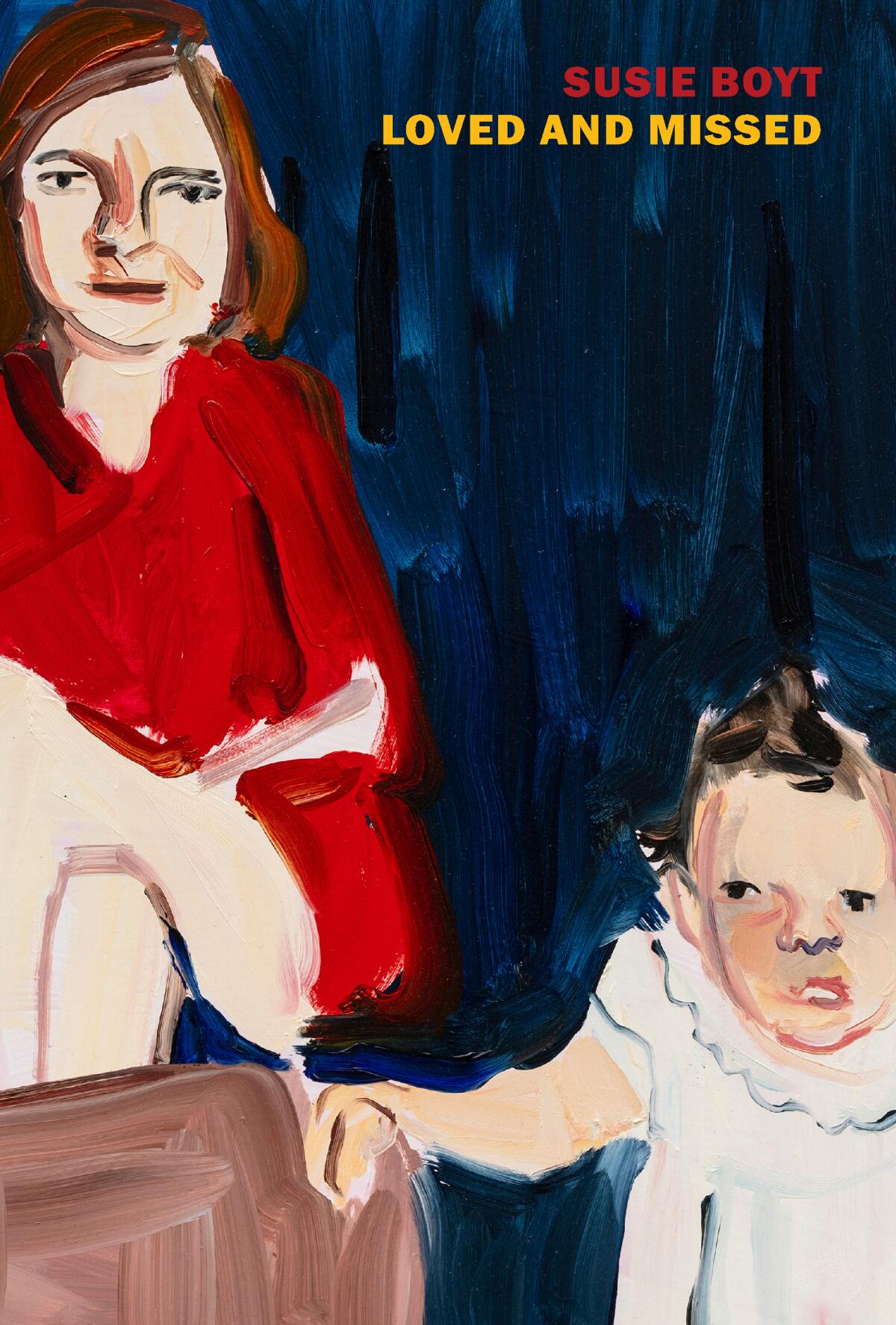
Loved and Missed
By Susie Boyt
NYRB: 208 pages, $18
Finally, a novel as happy as it is compelling, as beautiful as it is realistic. Admittedly, the premise sounds grim: Schoolteacher Ruth informally adopts her granddaughter Lily, rescuing her from her mother’s drug den and setting out to raise her right. Their life together is tinged with the absence of Lily’s mother, who only occasionally appears, thin-armed and scabby. But oh, the lightness and pleasure of Lily and Ruth, their keen companionship over tea and toast, quick trips to the seaside, plimsolls by the door. What keeps it so buoyant is Boyt’s glistening prose; like a candle in front of a mirror, it casts light in every direction. “The thick swoon of [love] ...,” she writes, “No dilution, everything directly beamed heat and light. Synchronised breathing, warm tessellated limbs.” This is the rare novel that brings equal amounts of solace and joy.
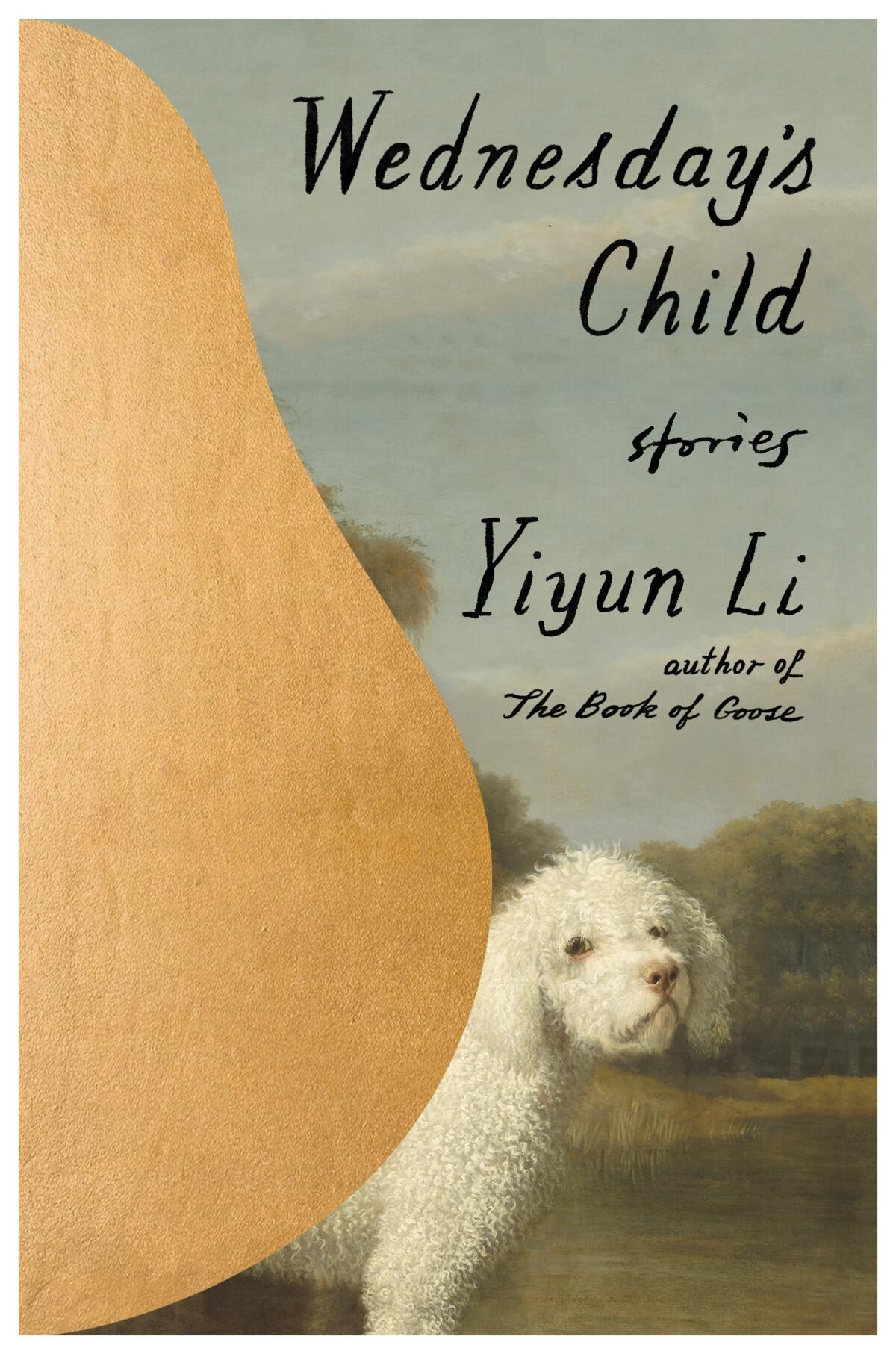
Wednesday’s Child: Stories
By Yiyun Li
FSG: 256 pages, $27
Released in September, this winner of the 2022 PEN/Malamud Award for short fiction lives up to its honors. Li’s characters endure so much pain — whether through grief, disdain, loss or anger — but her cool, often detached style turns that pain into an object, something solid to consider. One character notes that everyone tells a man threatening suicide that “he had many reasons to live. ... They would not accept it if he said that he had many reasons to die.” The author, who lost a loved one to suicide, knows that pain doesn’t follow neat trajectories — any more than her short stories seek easy endings.
When 2023 began to unfold, pandemic-induced art museum cancellations and postponements seemed to be behind us, as programming mostly caught up. Here are 10 memorable exhibitions from the year.
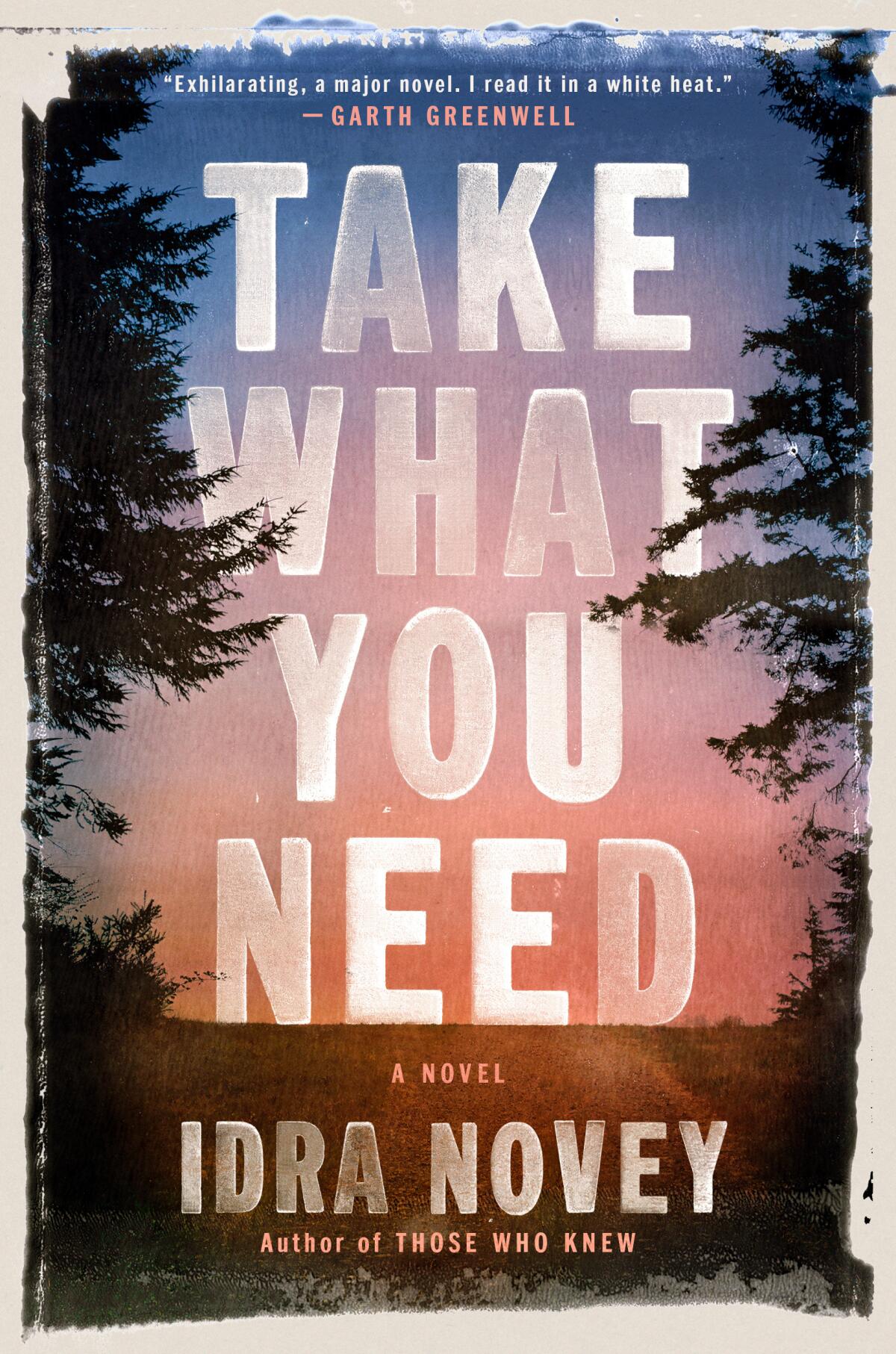
Take What You Need
By Idra Novey
Viking: 256 pages, $28
When Leah learns that her onetime stepmother Jean has left her a house full of ungainly steel sculptures, she travels back to the Southern Alleghenies with her family to assess her inheritance. Alternating between Leah’s present-day narration and Jean’s recent-past musings, the novel faces the truth about modern Appalachia, where needs of all kinds go unfulfilled and misunderstood. Jean has little education or sophistication but creates a world of her own through reading back issues of Artforum and by teaching herself how to weld. Leah, and readers, will slowly recognize Jean’s gifts.
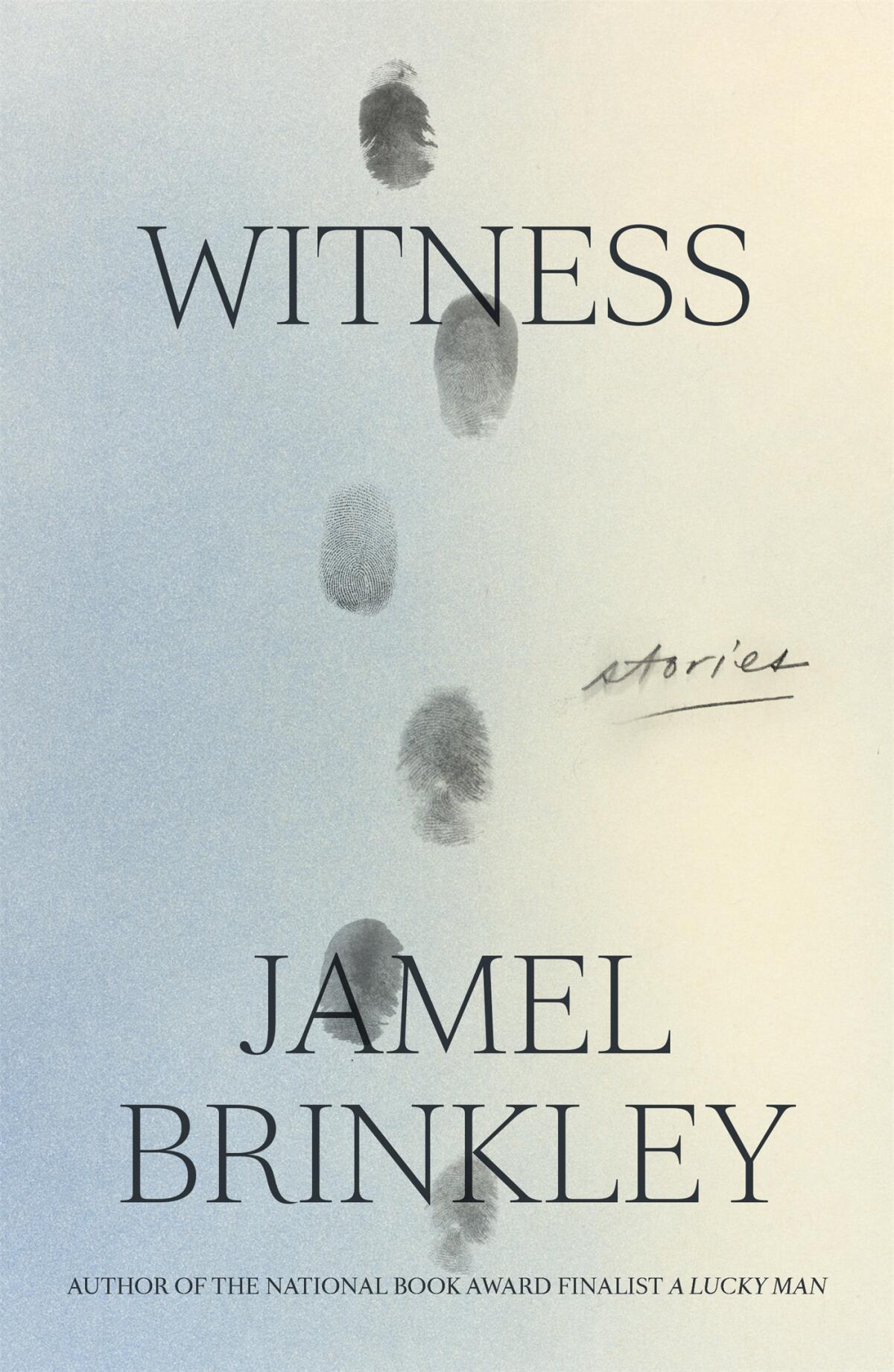
Witness
By Jamel Brinkley
FSG: 240 pages, $27
At first you’re reading the stories in Brinkley’s second collection and you think: “Look at that.” You gasp in sorrow, sympathy, even horror. Then you understand the trick of it, which is not a trick the author plays but instead the trick the truth plays on you: Reading these stories, you are no longer a detached observer, held back at a comfortable distance from human suffering. You’re a witness — to loneliness (the title story), hauntings (“Arrows”), abuse (“The Happiest House on Union Street”). You cannot pretend you didn’t see or understand, especially not when you’re reading prose as spare, elegant and thoughtful as Brinkley’s, the kind of writing that imagines an entire world while being inextricably part of our own.
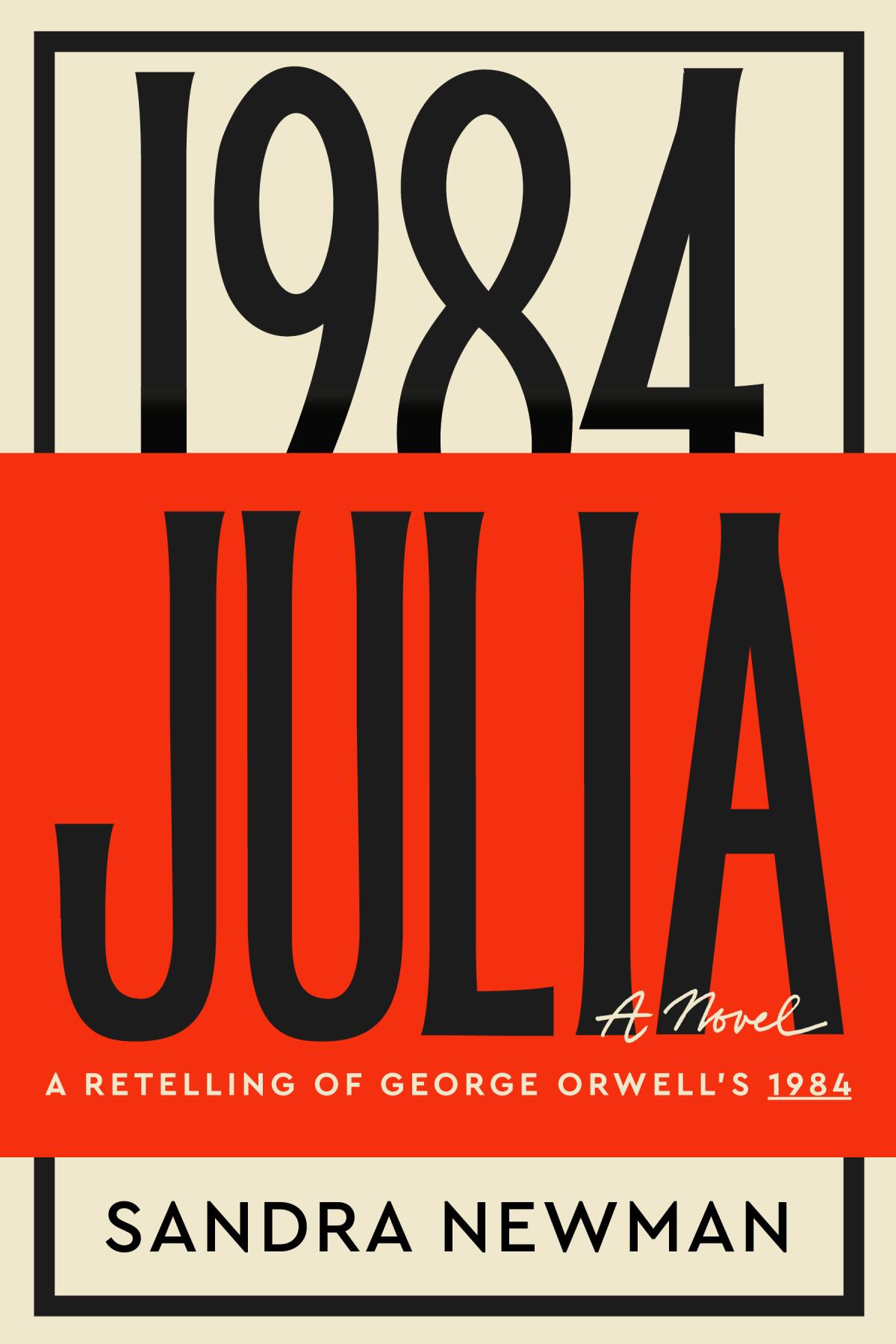
Julia
By Sandra Newman
Mariner: 400 pages, $30
George Orwell’s classic novel “1984” has long been shorthand for fear of a totalitarian future, but when Orwell’s son Richard Blair gave the greenlight to Newman (“The Heavens,” “The Men,” etc.) to write the authorized retelling of that novel, he must have known the story would be transformed. Newman’s version centers Julia, Winston Smith’s lover, and gives her a backstory, a surname (Worthing) and a motivation for getting involved with the furtive erstwhile protagonist in the first place. The resulting revision, which belongs on the very short bookshelf of posthumous spinoffs that equal or exceed the original, blazes a bleak, high-wire, ultimately hopeful arc toward a future that might allow for more than blind allegiance to Big Brother and a blind betrayal of those we love.
In 2023 the most mature, poignant and thoughtful narratives were in video games. Games such as ‘Venba,’ ‘Thirsty Suitors’ and ‘Super Mario Bros. Wonder’ showed the importance of play-driven narratives.
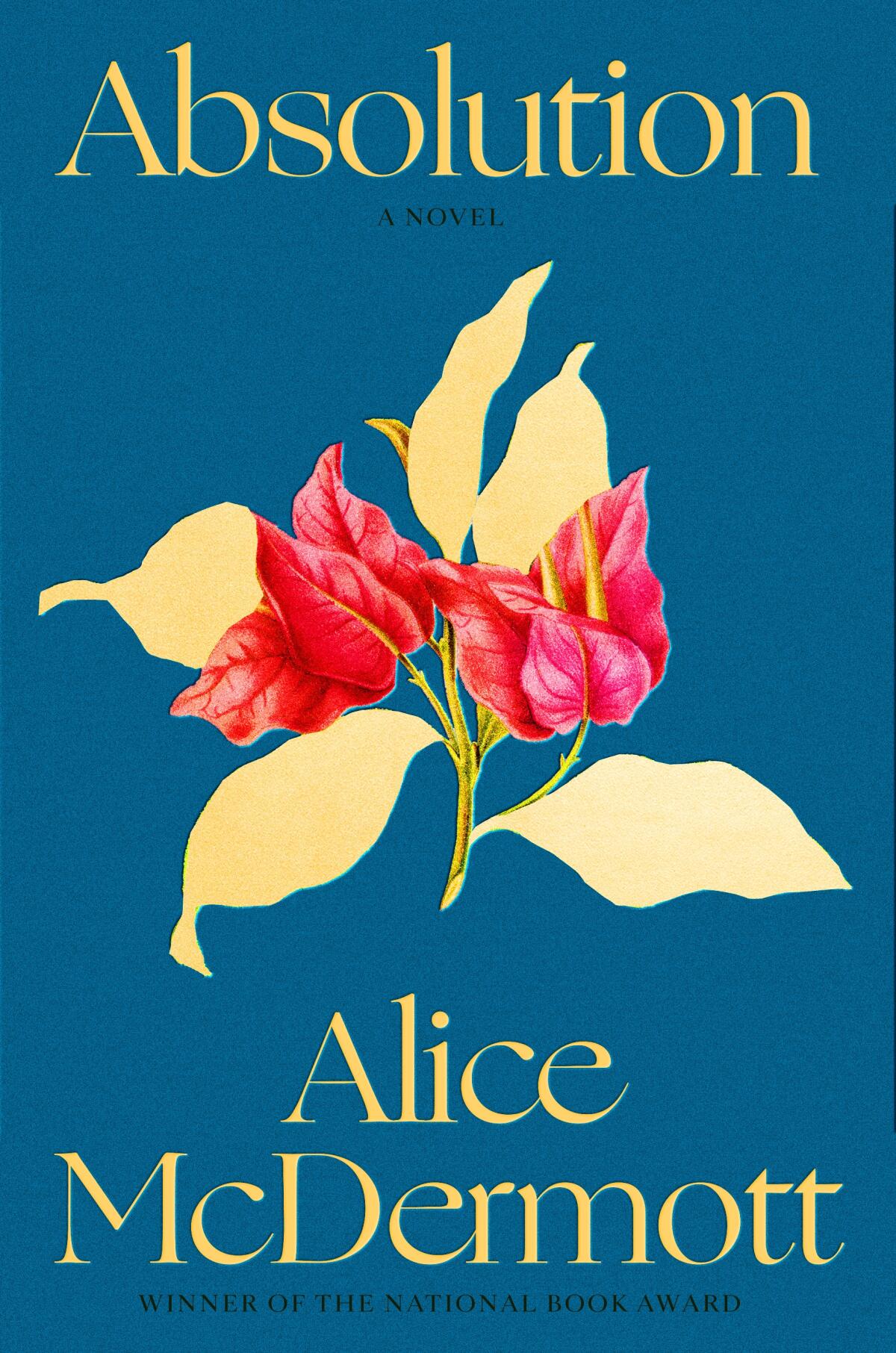
Absolution
By Alice McDermott
FSG: 336 pages, $28
In her ninth novel, McDermott has an Irish-American protagonist as she always does. And as she always does, McDermott uses that character to illuminate an aspect of contemporary American life. Here, Patricia Kelly, a lovely young woman married to an ambitious Naval Intelligence officer, finds herself in early 1960s Saigon, where military and business interests keep a stranglehold over all social life and trailing spouses sometimes channel their unfulfilled ambitions in difficult and even dangerous ways. Without a single scene of jungle combat, “Absolution” eviscerates the systems behind the Vietnam War.
Sign up for our Book Club newsletter
Get the latest news, events and more from the Los Angeles Times Book Club, and help us get L.A. reading and talking.
You may occasionally receive promotional content from the Los Angeles Times.